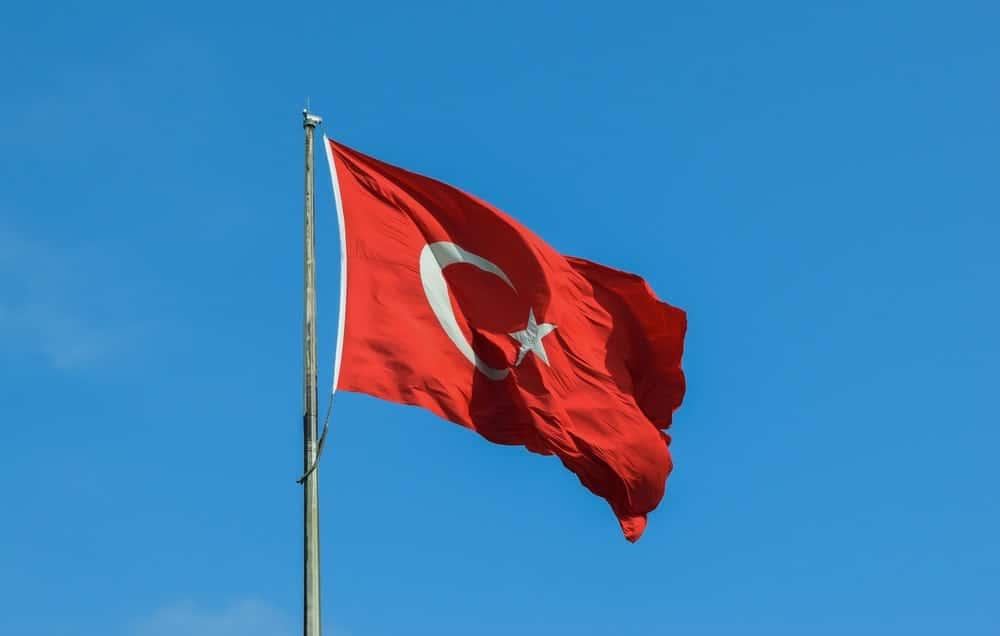
Turkey Freezes Assets Of Entities Linked To Iran's Nuclear Program
Turkey has frozen the assets of numerous individuals and institutions tied to Iran's nuclear activities, in line with international efforts to pressure Tehran over its atomic program.
The decision, announced Wednesday by a decree from President Recep Tayyip Erdoğan, targets organizations and individuals involved in Iran's nuclear development, including shipping companies, energy firms, and research centers.
This move follows the reinstatement of United Nations sanctions on Tehran. On the same day, Western powers such as the United States, Canada, and Britain announced fresh measures against Iran's nuclear and missile projects.
The Turkish action specifically affects institutions across multiple sectors, including Iran's Atomic Energy Organization, banks, shipping lines, uranium conversion facilities, and nuclear fuel research centers.
Entities named include Bank Sepah, the Isfahan Nuclear Fuel Research and Production Center, the Isfahan Nuclear Technology Center, the Karaj Nuclear Research Center, and the Agricultural and Medical Nuclear Research Center.
The sanctions come amid calls from Iranian officials to strengthen trade with neighboring countries in response to the reactivation of the UN“snapback” sanctions mechanism. In July, the U.S. Treasury had already blacklisted 22 companies, including some based in Turkey, for helping Tehran circumvent sanctions and finance oil sales for the Revolutionary Guard's Quds Force.
Canada also reiterated its stance on October 7, declaring support for the snapback mechanism and urging all UN members to honor their commitments. Ottawa stressed that Iran must comply with the Nuclear Non-Proliferation Treaty, cooperate with the International Atomic Energy Agency, and return to direct talks with the U.S. to ensure it never acquires nuclear weapons.
Turkey's alignment with international sanctions underscores growing global unity against Iran's nuclear ambitions. While Ankara has historically maintained complex trade and energy ties with Tehran, this decision signals a clear move to reinforce collective measures against proliferation risks.
The development adds pressure on Iran at a time of rising regional tensions and renewed Western determination to hold the Islamic Republic accountable. Whether these sanctions will meaningfully alter Tehran's nuclear course, however, remains an open question.
ShareFacebook Twitter WhatsApp Email Print Telegram
Legal Disclaimer:
MENAFN provides the
information “as is” without warranty of any kind. We do not accept
any responsibility or liability for the accuracy, content, images,
videos, licenses, completeness, legality, or reliability of the information
contained in this article. If you have any complaints or copyright
issues related to this article, kindly contact the provider above.


















Comments
No comment